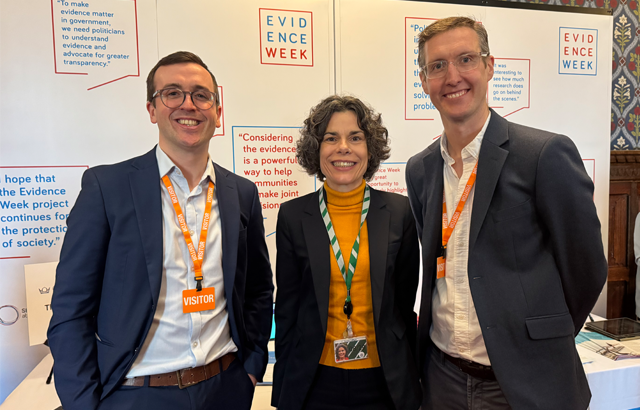
"The factors driving health inequalities are complex and multifaceted, but there's a growing body of evidence on how to fix them. In fact, research in this area is growing at an exponential rate. Over the past 10 years, there has been a 280% increase in the number of research publications looking at disparities in primary care. The sheer scale of this information means that keeping up with latest research is unmanageable.
"Using software developed by our collaborators at EPPI Centre, we have used machine learning to develop the world's first 'Living Evidence Maps' of what works to address inequalities in primary care. The maps give quick visual feedback (in a similar way to a bubble chart) showing where there are larger and smaller bodies of evidence on particular topics and sub-topics. Our Living Evidence Maps are interactive, so decision-makers can click through to see the individual publications represented within each bubble. Prior to machine learning technologies, developing these maps would have taken months, by which time there would be even more evidence to include. We use machine learning to navigate hundreds of millions of research articles in just a few hours. This means we can keep the maps up to date, almost in real time. Based on our Living Evidence Maps, we have produced a library of evidence briefs, which are now helping GPs, local decision-makers and national policy-makers to understand what works to address inequalities in primary care.
"Evidence Week in Parliament is a great opportunity to showcase and promote this approach. The event brings researchers, parliamentarians and the public together to discuss how evidence is used and scrutinised at Westminster. We will be joining the Quick-Fire Policy Briefings session on Tuesday. As well as demonstrating our Living Evidence Maps, we will highlight some of the key recommendations that the evidence on health inequalities points to, including:
- All NHS organisations should routinely use disaggregated data by socio-economic status and ethnicity to enable real-time, needs-based primary care provision;
- The Department of Health and Social Care and NHS England should reform the Carr Hill formula for GP funding, to include socio-economic disadvantage as a driver of practice workload;
- NHS England, Integrated Care Boards (ICBs) and the Department of Health and Social Care should undertake inequalities impact assessments, drawing on our evidence base for any major NHS service transformation;
- The Department of Health and Social Care and NHS England should support the development of regional and national evidence hubs to help ICBs fulfil their legal duty to translate evidence into practice."
To find out more about this work:
- Visit the Health Equity Evidence Centre
- View the Evidence Week in Parliament programme
- Explore the work of Dr Ford and his team






